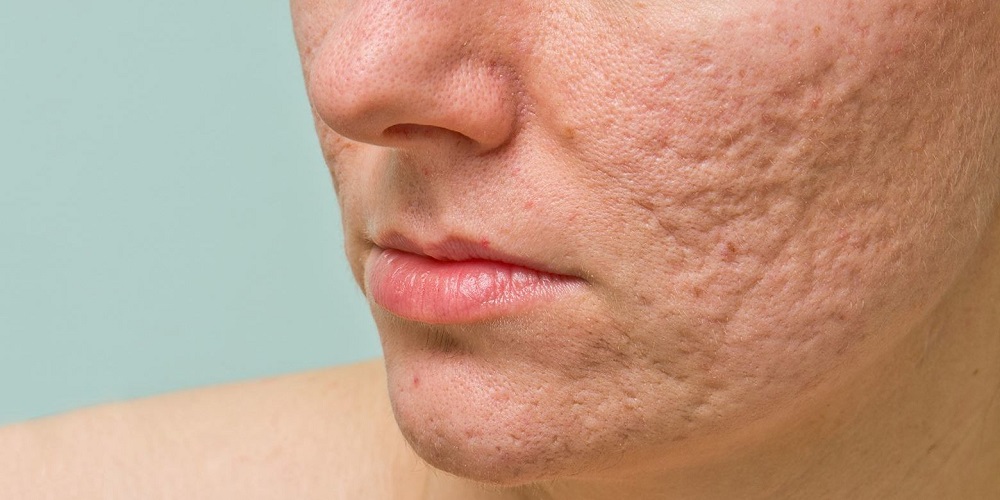
Winter Allergies: What Are They?
Many people believe that seasonal allergies are caused by grass, tree, and ragweed pollen. As trees discharge pollen in the spring, grasses in the summer, and weeds in the fall, seasonal allergies can occur practically all year long. And if you live in a warm environment, you may get allergies during the winter, as some plants may not die back.
The cold weather and shortened days of winter force us indoors. Our windows are shut, and many modern homes are constructed with improved insulation and less draughts. This is beneficial for energy efficiency but can cause allergic issues. Winter effectively traps us inside with our allergens, and additional exposure may exacerbate symptoms.
What Is the Cause of Winter Allergies?
The majority of winter allergies are due to the same inhaled allergens as summer allergies. Unfortunately, cold can exacerbate these triggers, which include:
- Dander. It is the dander (dead skin flakes) that can trigger acute or chronic allergic reactions in humans, not the fur of cats and dogs.
- Dust Mites. According to the Allergy and Asthma Foundation of America, these tiny insects may be the leading cause of indoor allergies all year long. Dust mites thrive in your home’s beds, carpeting, and upholstered furniture.
- Indoor Mould. Mould spores are inhaled by everyone, but individuals with an allergy may experience sneezing, congestion, and itching when exposed. Mould and mildew thrive in wet environments, such as basements and bathrooms.
- Cockroach Droppings. Although they are not a symptom of an unclean or unsanitary home, it is necessary to keep food well-contained and sweep up crumbs regularly. Fixing leaking faucets and pipes, as well as caulking cracks and crevices, can help keep cockroaches at bay.
What You Can Do to Avoid Winter Allergies?
You may not be able to completely eliminate winter allergies, but you may decrease your exposure to allergens in your immediate environment.
- Avoid Allergens. Stay indoors when the wind is whirling up damp leaves in the yard, and minimise interior allergens by often sweeping, mopping, and dusting.
- Cleanse Away Allergens. Frequent hand and face washing decreases the amount of allergens you carry and transmit. Take a shower when your allergy symptoms are severe; this will eliminate allergens from your hair and encourage you to change your clothes, which may be clinging to allergens. The steam produced by a hot bath or shower may alleviate allergy symptoms such as sinus congestion.
- Wash Bedding Often. Most bedrooms are havens for pet dander and dust mites. You may reduce allergens such as these by washing your linens, pillowcases, and blankets in hot water. A weekly wash is ideal, but every two weeks is also acceptable.
- Consider using a Saline Solution. Irrigation with saltwater is an excellent home treatment for relieving nasal congestion caused by winter allergies. You can find saline in most drugstores, or you may create your own by mixing one teaspoon of non-iodized salt with eight ounces of water in a squirt bottle.
- Get More Moisture. When constantly blowing your nose when the temperature is up, it is simple to become dehydrated. Increase your fluid intake by carrying a water bottle, consuming more water-rich fruits and vegetables, or drinking hot tea. The steam from hot beverages may alleviate nasal congestion.
- Also, the air needs moisture. It’s a balancing act indoors: Too little moisture in the air can irritate the nose and throat, while too much moisture promotes the growth of mould and mildew. A hygrometer, also known as a humidity monitor, can help you track the level of moisture in your home and make the necessary adjustments with a humidifier or dehumidifier. Attempt to maintain relative humidity between 30 and 50 percent.
- Utilise Anti-Allergy Medication. Allergy medications can alleviate symptoms such as itchy eyes and nasal congestion, but improper usage of over-the-counter or prescription medications will be ineffective. It is simpler to manage winter allergies if you take medication before symptoms arise and if you keep in mind that taking more medication does not result in fewer symptoms. If you properly follow the instructions on the label, you should obtain the desired alleviation.
If you have done everything possible to eliminate allergens from your house yet still experience symptoms, it may not be your fault. Public locations, such as workplaces, may include the same allergens as your home, including dry air, dust, and dust mites. In addition, pet owners frequently take pet dander into public spaces on their clothing. Cat dander levels in public spaces are high enough to cause allergic reactions.
Options for Treating Winter Allergy Symptoms
- Utilise an over-the-counter (OTC) antihistamine. Regular use of antihistamines, such as cetirizine or fexofenadine, can effectively alleviate symptoms. Acetaminophen-containing over-the-counter drugs can alleviate associated symptoms such as headaches.
- Utilise nasal irrigation or a neti pot. These treatments operate by flushing your nasal passages with purified water to remove allergies.
- Use nasal sprays. Steroid nasal sprays with a prescription, such as fluticasone and triamcinolone, can alleviate inflammation and other symptoms, such as a runny nose. They are now available for purchase over the counter.
- Receive allergy injections (immunotherapy). For severe and persistent allergy symptoms, consult your physician about allergy injections. These work by exposing you to extremely little levels of allergens on a regular basis in order to develop your body’s immunity to them. This diminishes the severity of the symptoms over the course of several years.
The conclusion
In terms of symptoms, winter allergies are largely identical to seasonal allergies. They consist of:
- itching
- sneezing
- rashes
- runny or stuffy nose
As you spend more time indoors throughout the winter, taking allergy medicine, clearing out your nose and sinuses, or other preventive measures will help minimise your symptoms. If your allergy symptoms do not improve with treatment, linger for several weeks or more, or interfere with your everyday life, consult your doctor about allergy shots.


















